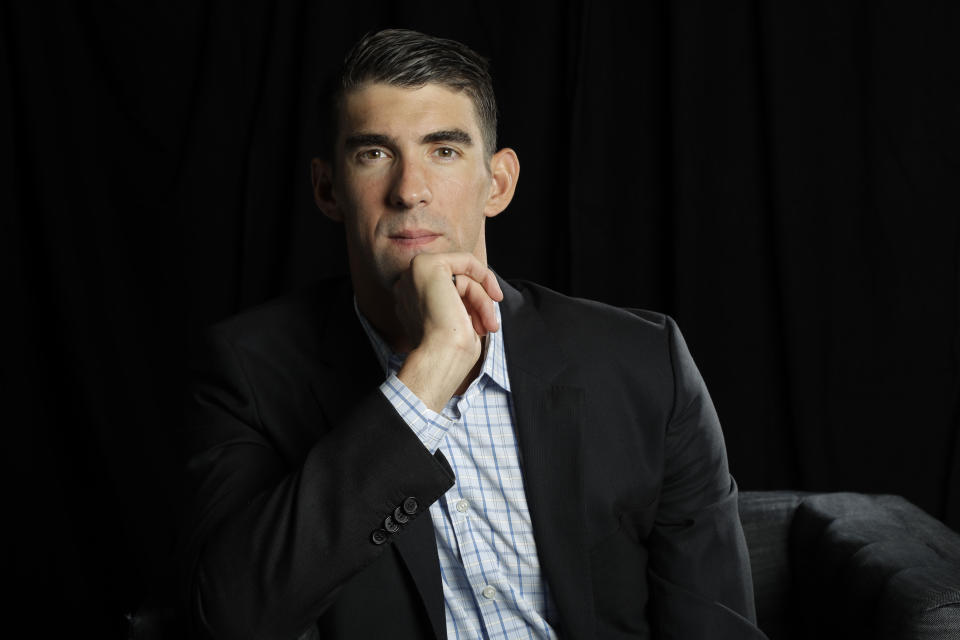Michael Phelps opens up about depression and contemplating suicide

Michael Phelps is almost a mythical figure at this point. He’s the most decorated Olympian of all time. He’s won 28 medals in swimming, 23 of them gold. But he’s just as human as the rest of us, and he’s experienced serious bouts of depression in his life. And he revealed to CNN this week that at one point, he even contemplated suicide.
This week Phelps spoke to CNN’s David Axelrod at the Kennedy Forum, a behavioral health advocacy group, and opened up about his experience with depression, anxiety, and suicidal thoughts.
To be such a successful athlete and make the most of his talent and potential, Phelps had to be dedicated, intense, and unforgiving of himself. Every Olympic Games involved a ramp-up that lasted years, all culminating in a two-week sprint in which any mistake or hesitation could cost a medal. When the Olympics were over, Phelps said he began to feel a big let-down, and it started to get more habitual.
“Really, after every Olympics I think I fell into a major state of depression,” said Phelps when asked to pinpoint when his trouble began. He noticed a pattern of emotion “that just wasn’t right” at “a certain time during every year,” around the beginning of October or November, he said. “I would say ’04 was probably the first depression spell I went through.”
Phelps made headlines after the 2004 and 2008 Olympics for his non-athletic actions. In 2004 he was charged with a DUI. In early 2009 a photo of Phelps smoking from a bong went public, which had been taken in late 2008. Those two incidents were warning signs for what was to come. After the 2012 Olympics, Phelps experienced his worst bout of depression.
The “hardest fall” was after the 2012 Olympics, said Phelps. “I didn’t want to be in the sport anymore … I didn’t want to be alive anymore.”
What that “all-time low” looked like was Phelps sitting alone for “three to five days” in his bedroom, not eating, barely sleeping and “just not wanting to be alive,” he said.
After he was arrested for a second DUI in 2014, Phelps went into rehab at an in-patient treatment center. The goal wasn’t just to get help with his alcohol issues, but with the depression and mental issues that had been plaguing him.
“I was very good at compartmentalizing things and stuffing things away that I didn’t want to talk about, I didn’t want to deal with, I didn’t want to bring up — I just never ever wanted to see those things,” said Phelps.
Once Phelps opened up and began to actually talk about his feelings instead of locking them away, things changed. He wondered why he didn’t seek help sooner, but the answer was easy: he wasn’t ready for it.
After rehab, Phelps turned everything around. He went into the 2016 Rio Olympics with a different outlook and a renewed passion for swimming, something that had been missing from at least one his past Olympic appearances. He reunited with his girlfriend Nicole Johnson, and the couple got married and had a son in 2016.
Phelps told Axelrod “I am extremely thankful that I did not take my life,” and he hopes that publicly talking about his battle with depression and suicide will help others.
“I think people actually finally understand it is real. People are talking about it and I think this is the only way that it can change.”
– – – – – –
Liz Roscher is a writer for Big League Stew on Yahoo Sports. Have a tip? Email her at lizroscher@yahoo.com or follow her on twitter! Follow @lizroscher

 Yahoo Sports
Yahoo Sports 

